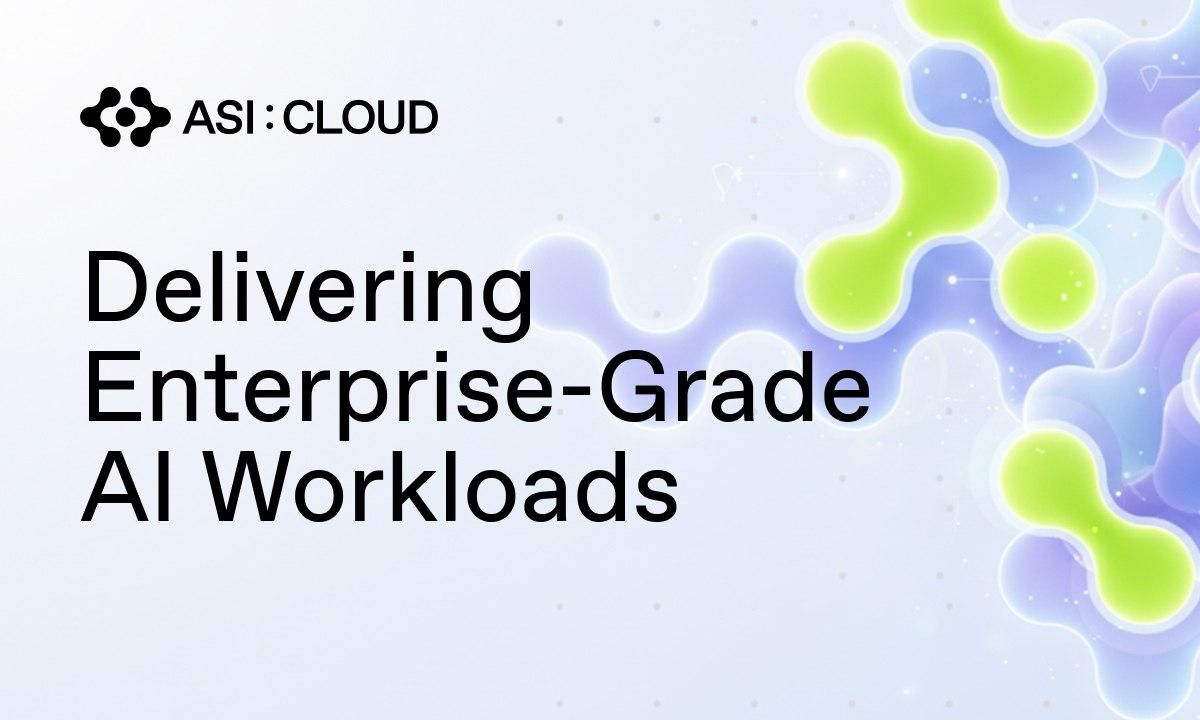An audit is a process in which developers examine the underlying code and/or algorithm that make up systems and applications to identify potential bugs or points of failure before deployment. This process ensures that the code is secure, reliable, and performs as intended.
Auditing has become a common practice in the blockchain space, with many projects relying on it to ensure the security of their decentralized protocols’ smart contracts and provide peace of mind to their users or token holders. In the decentralized world of blockchain, audits are crucial to building trust and confidence in the systems being developed.
Why is Auditing important?
Blockchain technology operates on the principles of transparency, immutability, and decentralization. While these principles enhance security, they also bring unique challenges. Smart contracts, which are self-executing contracts with the terms of the agreement directly written into code, are a key component of many blockchain applications. However, if there are bugs or vulnerabilities in the smart contract code, it can lead to serious consequences, such as financial loss or unauthorized access.
By conducting audits, blockchain projects aim to mitigate these risks by identifying and addressing any potential vulnerabilities in the code. Auditing ensures that smart contracts are free from coding errors, logic flaws, and security vulnerabilities. It provides assurance to users and investors that the project has taken necessary steps to protect their assets and maintain the integrity of the system.
What is the difference between Manual and Automatic Code Audits?
When it comes to auditing code, there are two main methods: manual analysis and automatic code analysis.
Manual analysis involves human experts carefully reviewing the code line by line to identify any potential issues. This method is time-consuming and requires a team of experienced developers. However, it is the most effective way to find coding errors and logic flaws that may not be easily detected by automated tools.
Automatic code analysis, on the other hand, relies on software tools to scan the code and identify common coding errors, security vulnerabilities, and performance issues. While it is faster and can cover a large codebase, it may not be as comprehensive as manual analysis in detecting complex vulnerabilities.
In the blockchain space, manual code analysis is crucial for projects, especially for decentralized finance (DeFi) projects. The high financial stakes and the potential for significant loss of funds require a thorough examination of the smart contract code before deployment. Manual audits can also help identify any unintended consequences or potential attack vectors that could compromise the security of the system.
What is the Audit Process?
A comprehensive audit of a smart contract typically involves several steps:
- Agreeing on a specification: The audit team and the project developers establish a clear understanding of the functionality, requirements, and expected behavior of the smart contract.
- Running tests: The auditors perform various tests to ensure the smart contract functions as intended and adheres to the specified requirements. This includes testing different scenarios and edge cases to uncover any potential issues.
- Running automated symbolic execution tools: Automated tools are used to analyze the code and identify potential vulnerabilities, such as common coding errors or security flaws.
- Manual code analysis: Experienced auditors review the code line by line, looking for logic flaws, coding errors, or potential vulnerabilities that may have been missed by automated tools.
- Report: The audit team prepares a detailed report outlining their findings, including any vulnerabilities or areas that need improvement. The report also includes recommendations for addressing the identified issues.
It is important to note that audits are not a one-time process. As the blockchain ecosystem evolves and new vulnerabilities are discovered, projects should regularly conduct audits to ensure ongoing security and reliability.
What are examples of audits in the Blockchain space?
Many prominent blockchain projects have undergone audits to enhance the security and trustworthiness of their systems. For example, popular decentralized exchanges (DEXs) like Uniswap and SushiSwap have engaged professional auditing firms to review their smart contracts and identify any potential vulnerabilities.
In 2020, a major DeFi project called bZx experienced a series of smart contract vulnerabilities that resulted in significant financial losses. Following this incident, the project underwent an extensive audit to identify and address the underlying issues to prevent future exploits.
Aside from individual projects, there are also specialized auditing firms that focus on providing blockchain security services. These firms conduct independent audits and provide certifications to assure users and investors of the security and reliability of the audited projects.
What is the conclusion?
Auditing plays a critical role in the blockchain ecosystem by ensuring the security and reliability of systems and applications. It helps identify and address potential vulnerabilities before deployment, protecting users and investors from financial loss and maintaining trust in the decentralized ecosystem. Manual and automatic code analysis are both important components of the audit process, with manual audits being particularly crucial in the high-stakes world of blockchain, where vulnerabilities can have significant consequences. By conducting regular audits, projects can demonstrate their commitment to security and provide peace of mind to their stakeholders.














